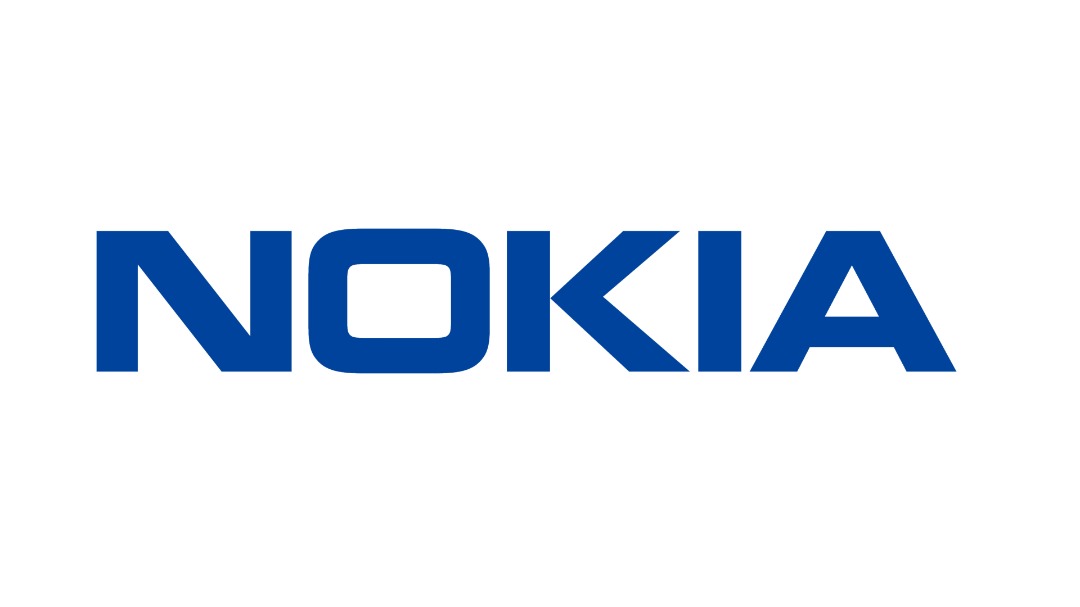COVID-19 in Malaysia
COVID-19 is an infectious disease caused by a newly discovered strain of coronavirus, a type of virus known to cause respiratory infections in humans. This new strain was unknown before December 2019, when an outbreak of a pneumonia of unidentified cause emerged in Wuhan, China.
The first case of COVID-19 in Malaysia was detected on 24 January 2020. The WHO Country Office in Malaysia has been working closely with the Ministry of Health to respond to this outbreak.
The New Normal
COVID-19 pandemic has not ended yet. Until there is an effective vaccine or treatment, everyone remains at risk. We all need to work together to protect ourselves and others.
* Avoid the three Cs
* Fight against COVID-19 is far from over
* Continue to practice protective measures
* Continue to protect ourselves and others
* Cover your coughs and sneezes with your flexed elbow to help prevent spread of virus
* Wash your hands with soap and water or alcohol-based hand rub
* Clean your hands before and after you touch your face
What to do to keep yourself and others safe from COVID-19
* Maintain at least a 1-metre distance between yourself and others to reduce your risk of infection when they cough, sneeze or speak. Maintain an even greater distance between yourself and others when indoors. The further away, the better.
* Make wearing a mask a normal part of being around other people. The appropriate use, storage and cleaning or disposal are essential to make masks as effective as possible.
* Here are the basics of how to wear a mask:
* Clean your hands before you put your mask on, as well as before and after you take it off, and after you touch it at any time.
* Make sure it covers both your nose, mouth and chin.
* When you take off a mask, store it in a clean plastic bag, and every day either wash it if it’s a fabric mask, or dispose of a medical mask in a trash bin.
* Don’t use masks with valves.
How to make your environment safer
* Avoid the 3Cs: spaces that are closed, crowded or involve close contact.
* Outbreaks have been reported in restaurants, choir practices, fitness classes, nightclubs, offices and places of worship where people have gathered, often in crowded indoor settings where they talk loudly, shout, breathe heavily or sing.
* The risks of getting COVID-19 are higher in crowded and inadequately ventilated spaces where infected people spend long periods of time together in close proximity. These environments are where the virus appears to spread by respiratory droplets or aerosols more efficiently, so taking precautions is even more important.
Don’t forget the basics of good hygiene
* Regularly and thoroughly clean your hands with an alcohol-based hand rub or wash them with soap and water. This eliminates germs including viruses that may be on your hands.
* Avoid touching your eyes, nose and mouth. Hands touch many surfaces and can pick up viruses. Once contaminated, hands can transfer the virus to your eyes, nose or mouth. From there, the virus can enter your body and infect you.
* Cover your mouth and nose with your bent elbow or tissue when you cough or sneeze. Then dispose of the used tissue immediately into a closed bin and wash your hands. By following good ‘respiratory hygiene’, you protect the people around you from viruses, which cause colds, flu and COVID-19.
* Clean and disinfect surfaces frequently especially those which are regularly touched, such as door handles, faucets and phone screens.
What to do if you feel unwell
* Know the full range of symptoms of COVID-19. The most common symptoms of COVID-19 are fever, dry cough, and tiredness. Other symptoms that are less common and may affect some patients include loss of taste or smell, aches and pains, headache, sore throat, nasal congestion, red eyes, diarrhoea, or a skin rash.
* Stay home and self-isolate even if you have minor symptoms such as cough, headache, mild fever, until you recover. Call your health care provider or hotline for advice. Have someone bring you supplies. If you need to leave your house or have someone near you, wear a medical mask to avoid infecting others.
* If you have a fever, cough and difficulty breathing, seek medical attention immediately. Call by telephone first, if you can and follow the directions of your local health authority.
* Keep up to date on the latest information from trusted sources, such as WHO or your local and national health authorities. Local and national authorities and public health units are best placed to advise on what people in your area should be doing to protect themselves.
Information from
https://www.who.int/malaysia/





































